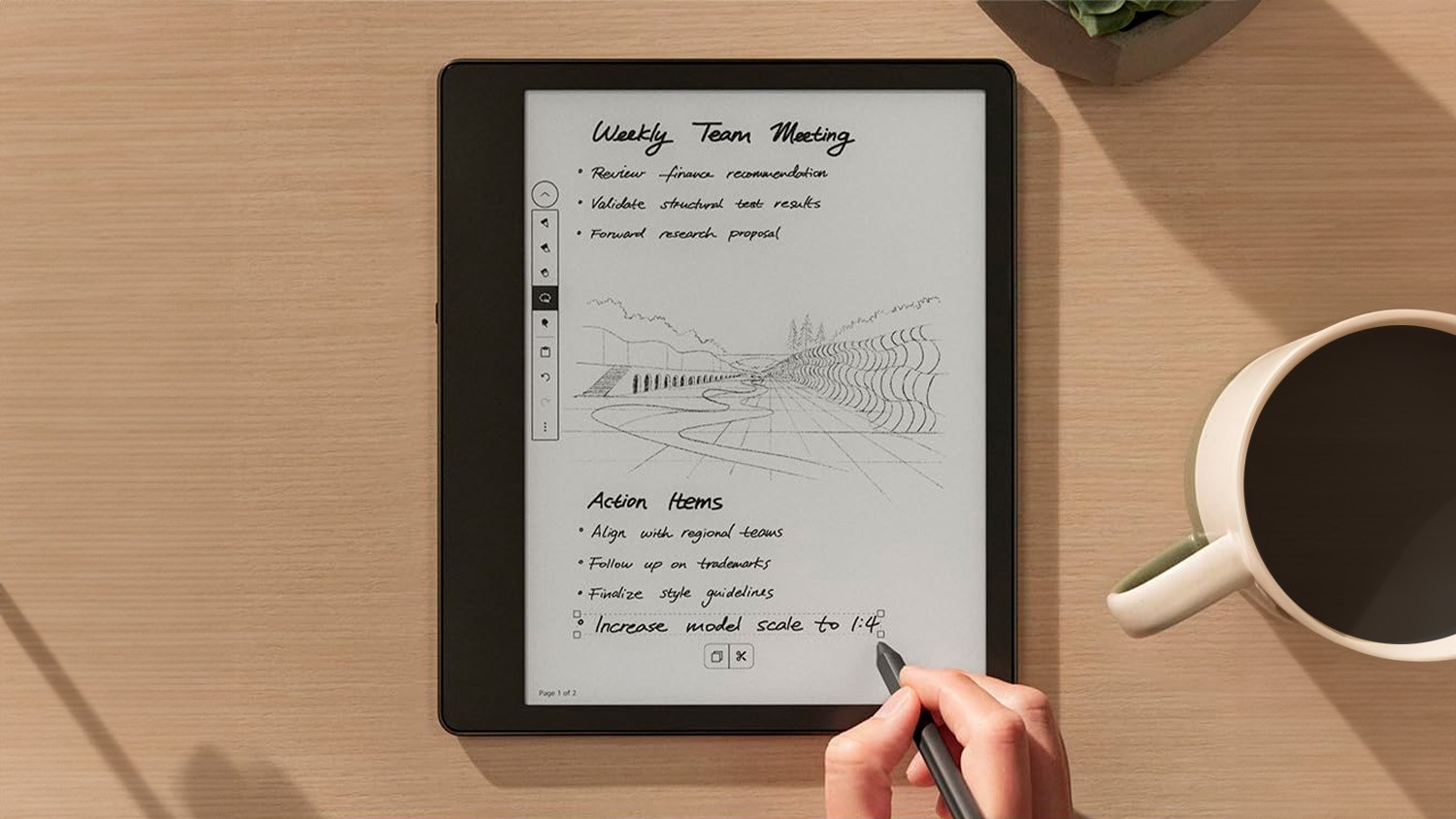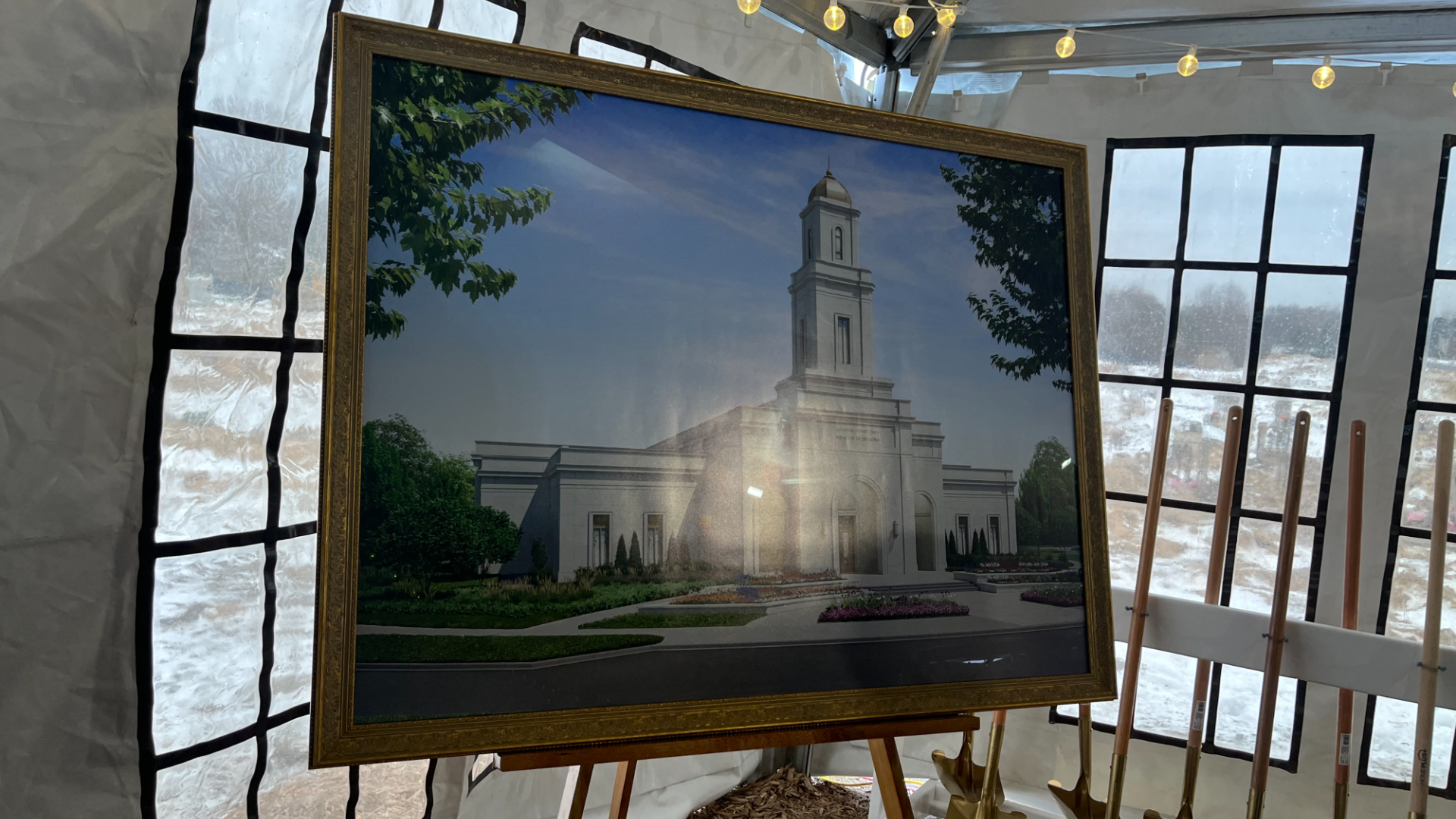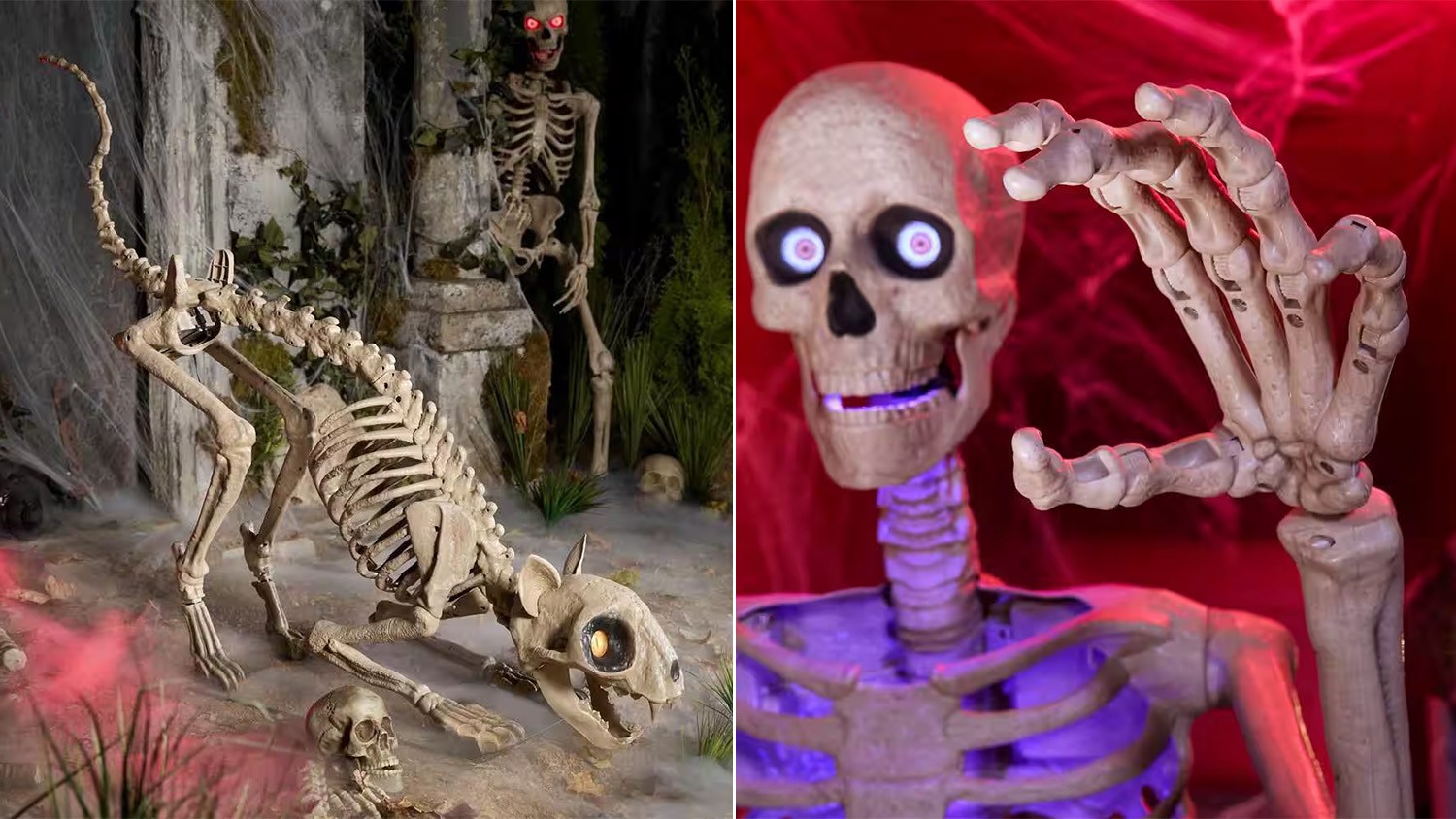GRAND RAPIDS, Mich. (WOOD) — A digital collage entered in ArtPrize is informed by the artist’s experience as a Black man, but he said he doesn’t want to dictate how viewers interpret it.
“At the very beginning, I always thought, ‘Oh, I’m going to make art about being a Black man in Texas, in America, what it’s like to grow up doing that,'” Austin-based artist and graphic designer Dave McClinton told News 8. “And in doing that and in talking to people and having conversations, I realized, ‘Oh, there’s a lot of people that deal with very similar situations, of … being the other.’ So it made me start thinking about how there were these opportunities for empathy.”
“Deference is Vast,” McClinton’s ArtPrize 2024 entry, is a digital collage compiled from photos and pieces of history that McClinton collects.
“I go to this sort of bag of images that I’ve got, this sort of folder of things that I’ve got, and I’m just picking and choosing. And it’s kind of like playing improvisational music,” he said.
Though he makes use of digital tools like Photoshop, McClinton noted that he never uses artificial intelligence to create his art. The artist spends between 40 and 60 hours on each piece, he said, working until he has a “gut feeling” that it’s done.
“Deference is Vast,” which is being shown at the NIA Centre, features three figures and incorporates a range of emotions, textures, colors and historical details.
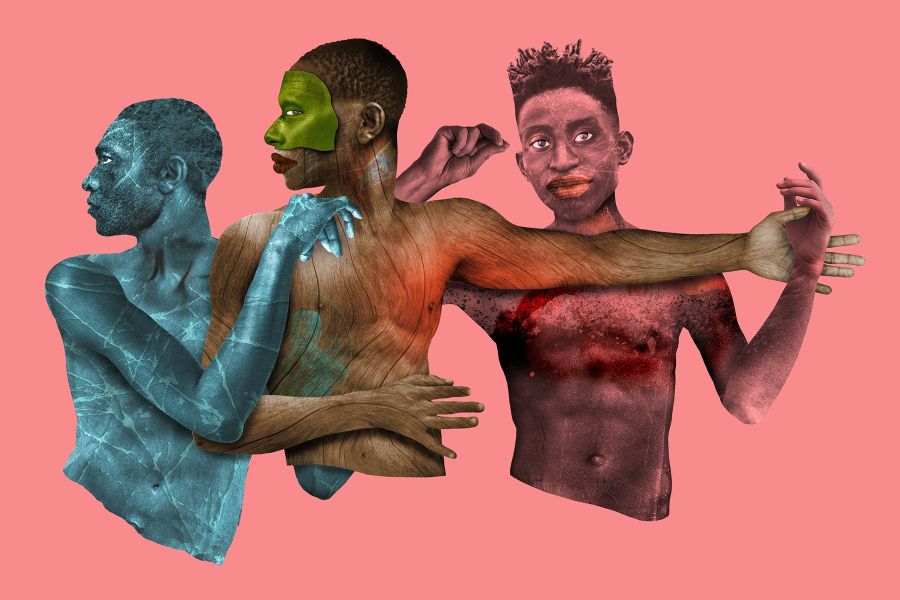
“I’ve always liked the idea of showing that every figure in the piece is actually a different personality of what it takes to get through a day,” McClinton said.
He explained that the figures display emotions like apprehension and pride.
“There’s maybe a little bit of looking at the viewer with some sort of accusatory look, like, ‘Why are you letting us have to go through this?’ kind of thing,” he said. “Every moment that you ignore the persecution or the violence, physical or mental or financial — every time you ignore that sort of thing perpetuated on a particular class or group of people, there should be a little bit of guilt, a little bit of ‘Why aren’t you doing a little bit to help? Why aren’t you at least talking about things?'”
Each figure, the artist said, represents an aspect of his own perspective.
“I always try to put myself in the place of every figure in it and try to transmit, ‘OK, this is me, too,'” he said. “Like, this figure is aggressive and proud — that’s me sometimes. And then this figure is a little standoffish and worried about things — that’s me, too.”
The mask worn by the central figure can represent code-switching, which is when people change the way they speak or behave based on the situation they’re in.
“I know a lot of women who work in tech, and sometimes they’ll be the only woman in the room. And sometimes they’ve felt like, ‘Oh, I’ve got to be one of the guys,’ or ‘Oh, I’ve got to behave in a certain way,'” McClinton explained. “A person might have to put on that mask for the first two or three hours of that day.”
Through it all, the three figures demonstrate “a brotherhood and a sense of family,” according to McClinton.
“There’s also this need for community, because you see them sort of clinging to each other,” he said. “The idea that if one of us has this problem, we all have that problem.”
He hopes viewers can look deeply at the figures, which seem to be floating in space, almost trapped.
“I want them to imagine these incomplete bodies as parts, as what the Black body has been a lot in this country, as an asset … something to be traded,” McClinton said. “(For example), ‘Oh, that’s not a complete human. That’s an athlete. That’s an entertainer. That’s a criminal. That’s however I’ve decided they are.’ I want them to sort of have to deal with that.”
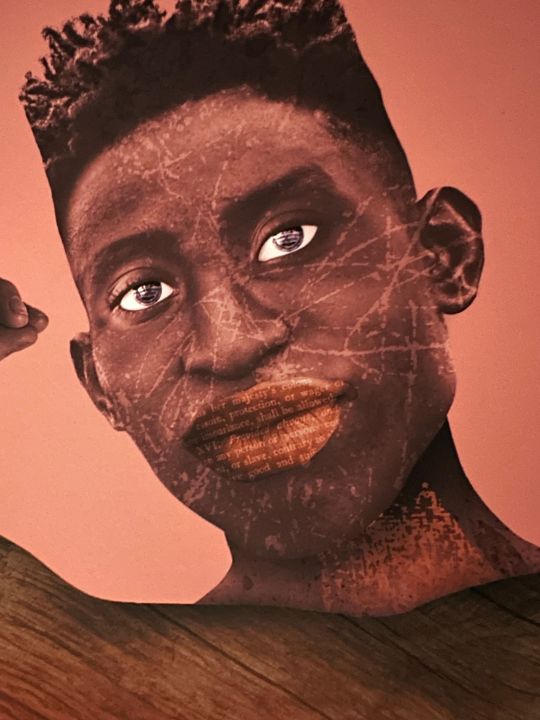
“Deference is Vast” also features several references to history, though you may have to look closely to see them. For example, one figure’s mouth includes words taken from an eighteenth century law about slaves, while an eye is actually a women’s suffrage button.
“We live in a country that used to traffic in people,” McClinton said. “We live in a country that women had to literally fight for the right to vote….There’s some empathy there.”
It’s one of many opportunities for empathy that his piece offers.
“I’m not just making work reflecting myself, because other people are going to look at that work, they’re going to hear me talk about it and they’re going to think about their own issues,” the artist said.
He told News 8 he doesn’t want to decide how people interpret or react to “Deference is Vast.”
“Some songwriters don’t necessarily want to tell you what a song is about because it might screw up what you’re thinking about. And sometimes it feels rude to me, because then I’m like, ‘Now I’m trying to dictate how this person reacts to this.’ And I want them to have their own reaction,” McClinton said. “However you feel about this is legit. That’s your reaction, so I don’t have any control over that.”



